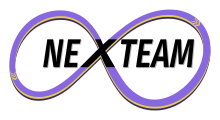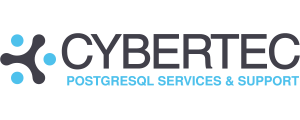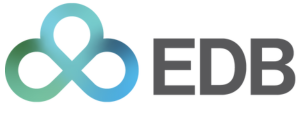Interview with Data Egret
Find out more about our sponsor Data Egret
Any views or opinions represented or expressed in this interview belong solely to the interviewee and do not necessarily represent those of the 2024 organization, PostgreSQL Europe, or the wider PostgreSQL community, unless explicitly stated.
From migration to Postgres, to architectural audit, to tuning and optimisation, to advising Data Science teams and providing developer training, at Data Egret we offer consulting services spanning the full database lifecycle and provide comprehensive services covering the PostgreSQL ecosystem.
How does PostgreSQL help your customers?
Smaller startups that we work with benefit from PostgreSQL’s potential for future scalability, while larger enterprises, with our help, achieve maximum performance, data resilience, and security.
They are also able to concentrate on how they want to use their data rather than spending time operating it. From transaction processing to data analytics at any scale, from feeding data into their AI models to processing the output, PostgreSQL delivers it all!
PostgreSQL provides the speed and reliability that any business requires to stay ahead of the curve!
How does your company contribute and benefit from PostgreSQL?
As a company built on PostgreSQL success, supporting the community has always been one of our pillars.
Our team contributes to the success of various open-source tools in the Postgres ecosystem, including Patroni and pgBackRest; took active part in the translation of PostgreSQL Code of Conduct to multiple languages; is advocating for PostgreSQL by organising and speaking at local user groups in Germany and Belgium.
We also developed a variety of utilities to ease Postgres administration - those are freely available on our GitHub.
Which PostgreSQL extension do you benefit from most, and why?
pg_stat_statements has long been our go to extension and is used with each and every client. It’s one of our key tools for identifying performance bottlenecks and helps us to optimise query performance, make informed decisions on indexing, and enhance overall database efficiency.
PostGIS - is a unique postgres extension that adds support for geographic objects, transforming the database into a spatial database for GIS applications. With its ability of storage, retrieval, and analysis of geographic data, PostGIS is often used by our clients who have projects requiring spatial data management.
Logical replication, while not an extension, is also a very powerful tool to connect Postgres to the entire ecosystem of data analytics (ETL, CDC, Data Warehousing, Machine learning etc.)
Where is the database world heading, how will PostgreSQL evolve?
The continued enhancement of performance and scalability features makes PostgreSQL an even more compelling choice for enterprises dealing with large and complex datasets. Postgres is now a robust ecosystem, not only for classical transaction processing, but also as a platform that can deliver data for any need in a form suitable for every purpose: AI - pgvector, geo data - postGIS, analytics - logical replication.
As Postgres support is our key service, this is a positive outlook for us as a company.
Are there any interesting talks which your staff have presented at other conferences?
We would like to highlight three sessions by our Egrets that dive into very different aspects of PostgreSQL ecosystem:
Ilya Kosmodemiansky, PostgreSQL Worst Practices
Ilya gave this talk at multiple conferences and it’s always a blast. As busy consultants who come across a variety of Postgres installations with different challenges and subsequent learnings we tend to see persistent worst practices. In his presentation, Ilya chooses several of these worst practices and talks through them.
Valeria Kaplan, Elephant in a nutshell - Navigating the Postgres community 101
Valeria first gave this presentation at PGconf.EU 2023 as an introduction to the PostgreSQL community structure, roles, various activities one can get involved in, and channels to follow to stay up to date with all things PostgreSQL. It received great feedback, and the slides can now be used by anyone who joins the community or is planning to become more active.
Stefan Fercot, Achieving minimal downtime in PostgreSQL maintenance tasks
Stefan is one of our senior PostgreSQL specialists who has heard the words ‘minimum downtime’ from our clients more times than one can imagine. How to achieve this ‘minimal downtime’ is what his talk at pgDay UK will be about. He will focus on three tools: PostgreSQL streaming replication, pgBouncer and pgBackRest, with the latter being his key expertise.






